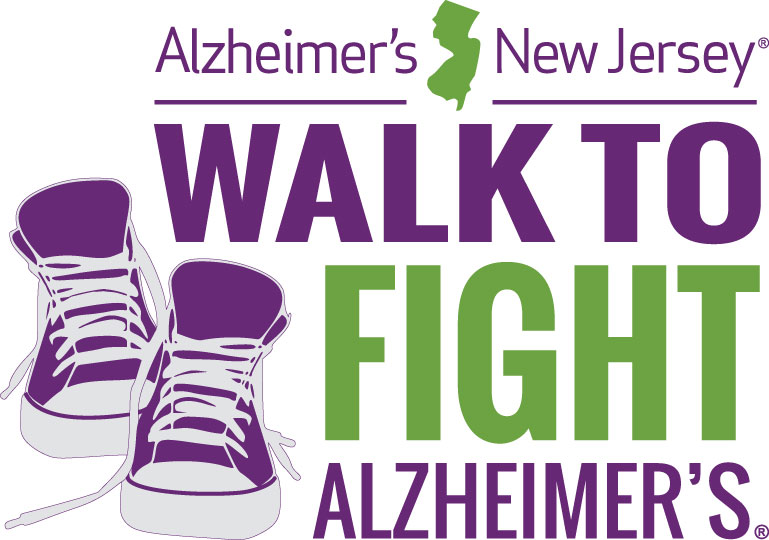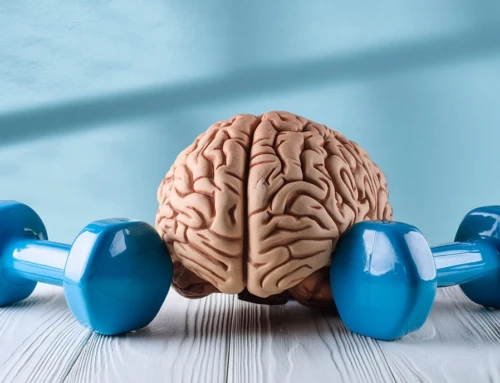Actually, it’s both. While the terms “Alzheimer’s disease” and “dementia” are often used interchangeably, it’s important to know the difference between the two terms, especially when seeking a diagnosis for memory issues.
Dementia is not one specific disease. It is an “umbrella” term used to describe over 100 different conditions that impair memory, behavior and thinking. Alzheimer’s disease is the most common form of dementia in older adults, accounting for 60-80% of all dementias. The symptoms of dementia include memory loss, changes in mood and behavior and difficulty with thinking, problem solving and language that are severe enough to impact a person’s ability to perform everyday activities.
While the symptoms of Alzheimer’s disease overlap with other dementias there can also be significant differences related to brain changes, memory, and behavior. For example, in frontotemporal dementia (FTD), there may be more prominent changes in personality and behavior as well as problems with walking and balance. Memory decline in FTD often doesn’t arise until the later stage while memory decline is often the initial sign of Alzheimer’s disease.
If you are concerned about cognitive changes it is important to get an accurate diagnosis. Is it Alzheimer’s disease or another form of dementia or are the changes in memory related to normal age-related forgetfulness?
To learn more read our Fact Sheet on Alzheimer’s Disease and Other Dementias HERE
https://www.alznj.org/wp-content/uploads/2019/08/Alzheimers-Disease-and-Other-Dementias-3.17.pdf
Watch Our Video on Alzheimer’s Warning Signs
https://www.youtube.com/watch?v=ELQ__FJRYh4
Call the Helpline at 888 280-6055





